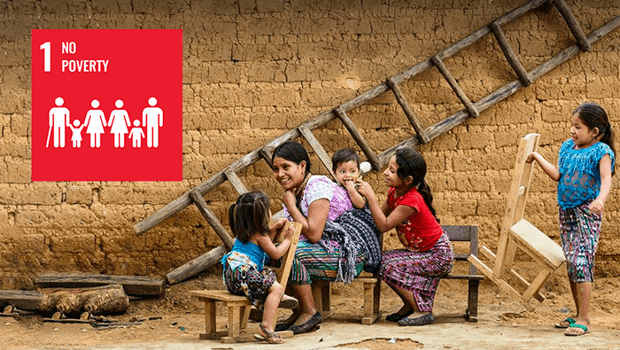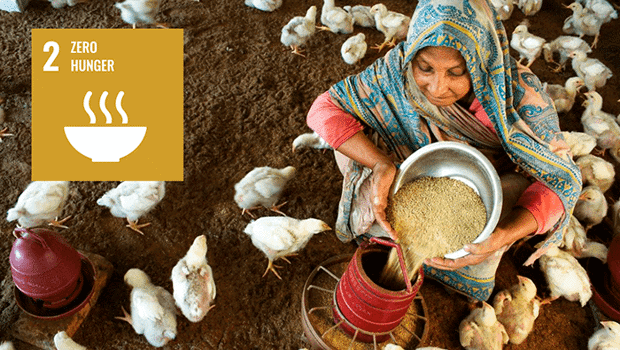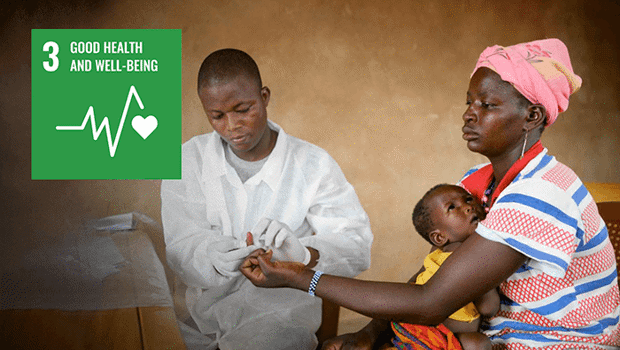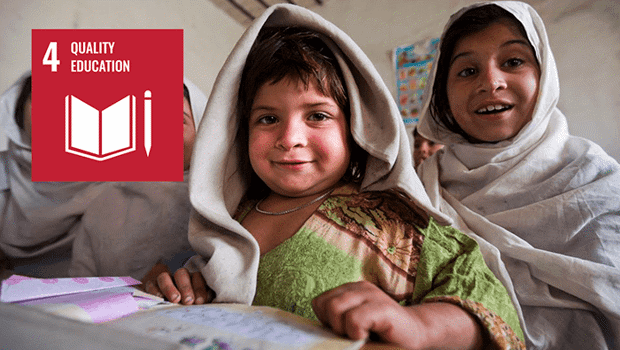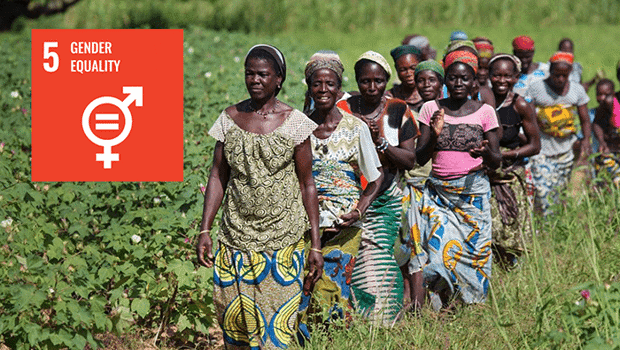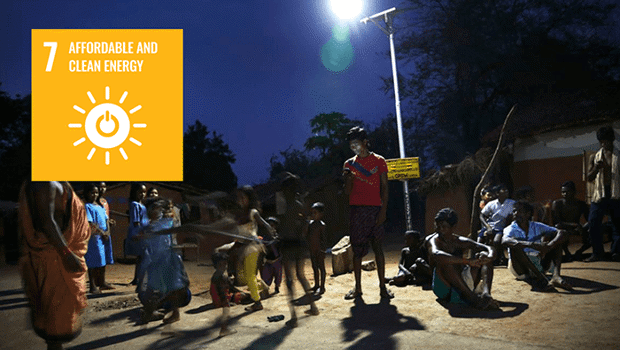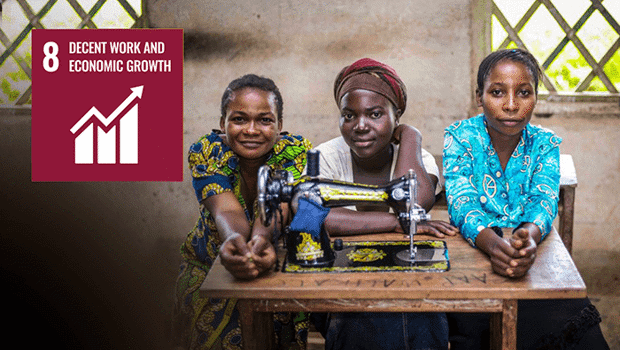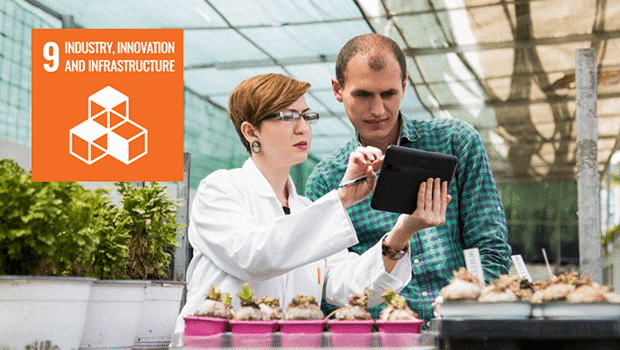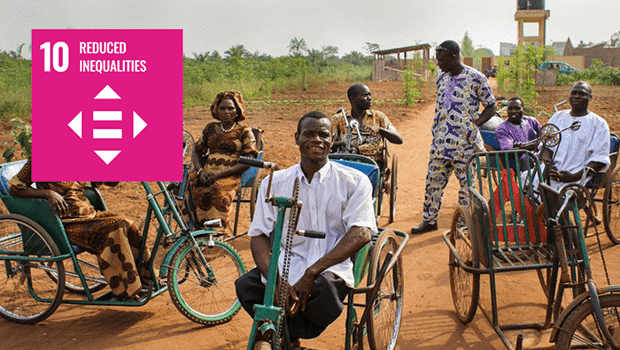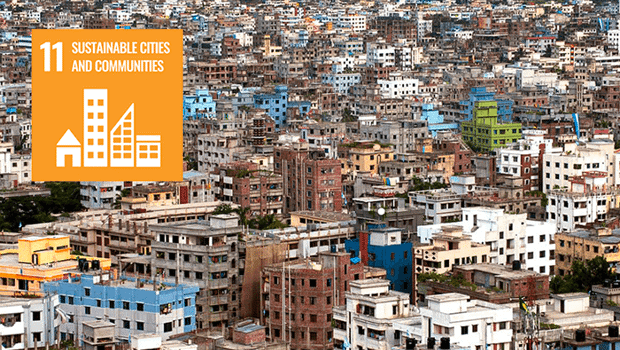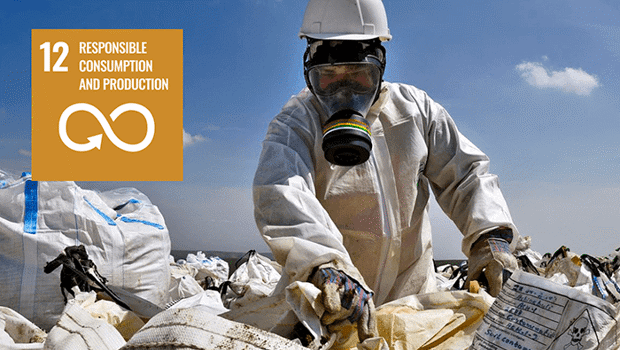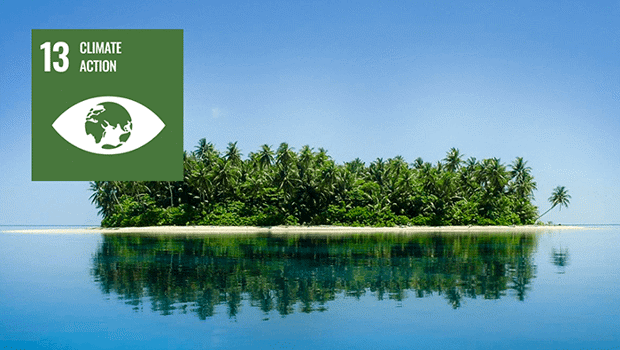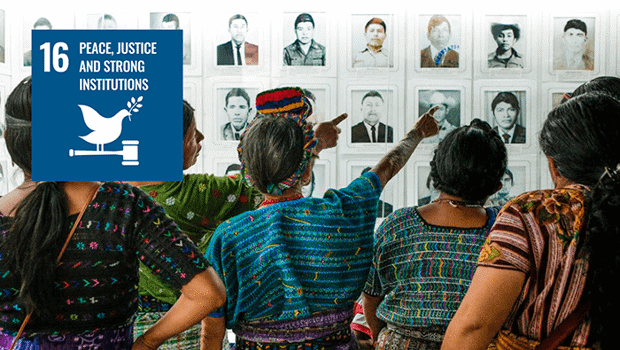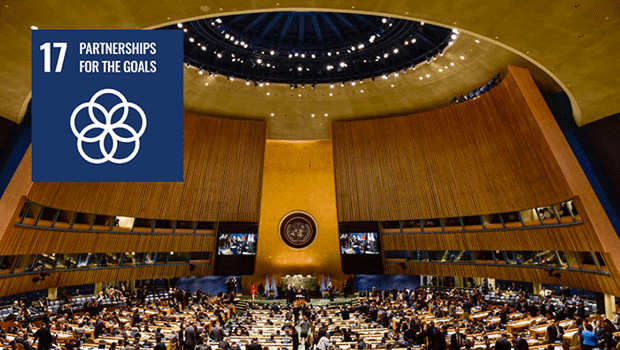
SDG 6
Water is not only critical for basic survival, but also to prevent the spread of illnesses like cholera. Despite the fact that humans cannot survive for more than three days without water, one in three people still do not have access to safe drinking water and more than 600 million people practice open defecation, that is to say, they have no access to toilets or sewage. This obviously poses a huge risk in the spread of diseases and strikes against the most vulnerable of our society the hardest.
There are six targets:
- Achieve universal and equitable access to safe and affordable drinking water for all
- Achieve access adequate and equitable sanitation and hygiene for all and end open defecation, paying special attention to the need of women and girls and those in vulnerable situations
- Improve water quality by reducing pollution, eliminating dumping and minimizing release of hazardous chemicals and materials, halving the proportion of untreated wastewater and substantially increasing recycling and safe reuse globally
- Substantially increase water-use efficiency across all sectors and ensure sustainable withdrawals and supply of freshwater to address water scarcity and substantially reduce the number of people suffering from water scarcity
- Implement integrated water resources management at all levels, including through transboundary cooperation as appropriate
- By 2020, protect and restore water-related ecosystems, including mountains, forests, wetlands, rivers, aquifers and lakes
What does it mean and what can we do?
The aim here is both to protect critical water-systems and resources, as well as make sure that all people have an equal and sustainable access to safe drinking water. This can be achieved through more effective water management and limiting the dumping of toxic waste, among other things.
As always, there are plenty of projects around the world that focus specifically on water, for example providing water purifiers, or digging up wells or even providing fluid replacement where it is needed the most. Consider giving your support to projects that build effective sewage systems, as it can not only solve the problem of open defecation, but also effectively manage the use of water, prevent the destruction of water systems and stop the spread of diseases.

